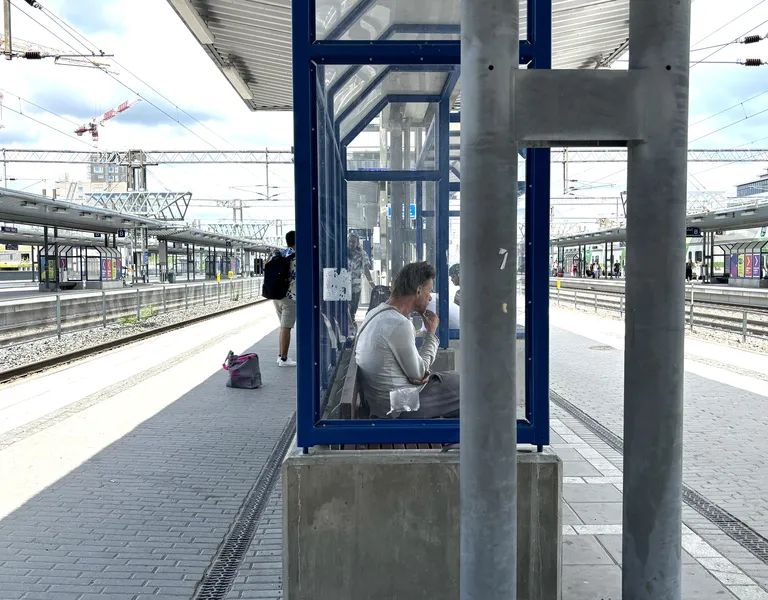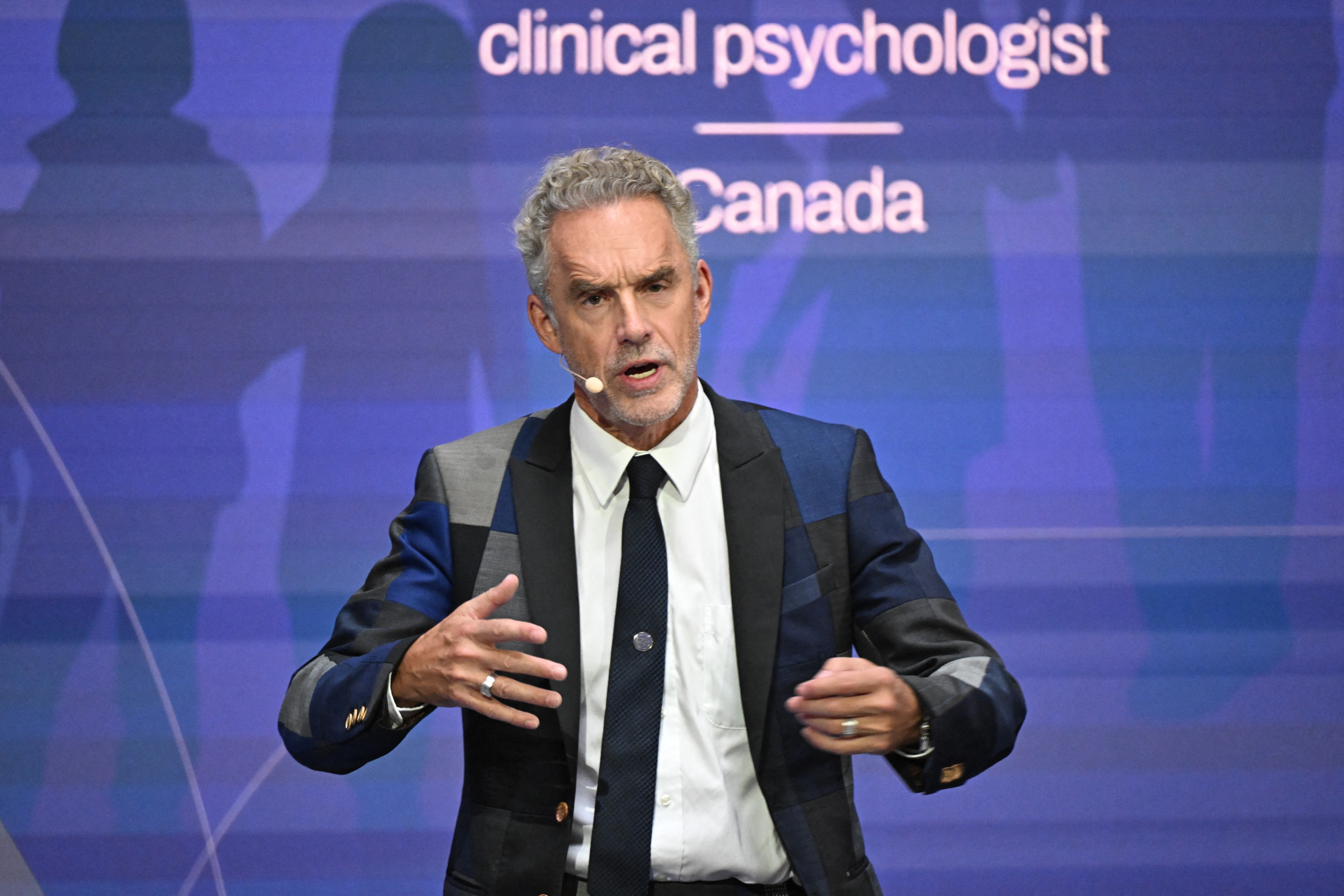well if they're giving away free homes, suddenly a lot of people are going to want one, including many renters who barely get by, living in really shitty apartments or with a bunch of roommates, recently laid off, addicted to drugs, stressed to the brink, etc.
If you start to integrate the homeless into regular apartment buildings or low income housing, it leads to major issues if they are violent or abusing drugs.
Obviously Ford's idea here is idiotic. But we have seen this problem grow out of control in many cities around the world, it's not just an "Olivia Chow" problem. If there was an easy fix, somebody would have done it by now.
I do wonder if there isn't a way to take a piece of land and set up a bunch of 3D printed homes, or even smaller storage shed units, with some sort of plumbing and run by the government. That by itself becomes a kind of "encampment" too, but regulate it and have strict rules about who qualifies. The problem there is that a lot of people won't quality for a variety of reasons, which will lead them to go and live in an unregulated encampment instead.
It's extremely difficult to deal with the people who have serious mental illness and crippling addictions. Many of them refuse all help from the start, or can't follow rules and drop out of the system.
Honestly, there may not be a viable solution. Other than vastly expanding the amount of low-income housing available. Which will take years and also probably need to be run or subsidized by the government, as builders don't want to spend their time building places that can't make a profit.





